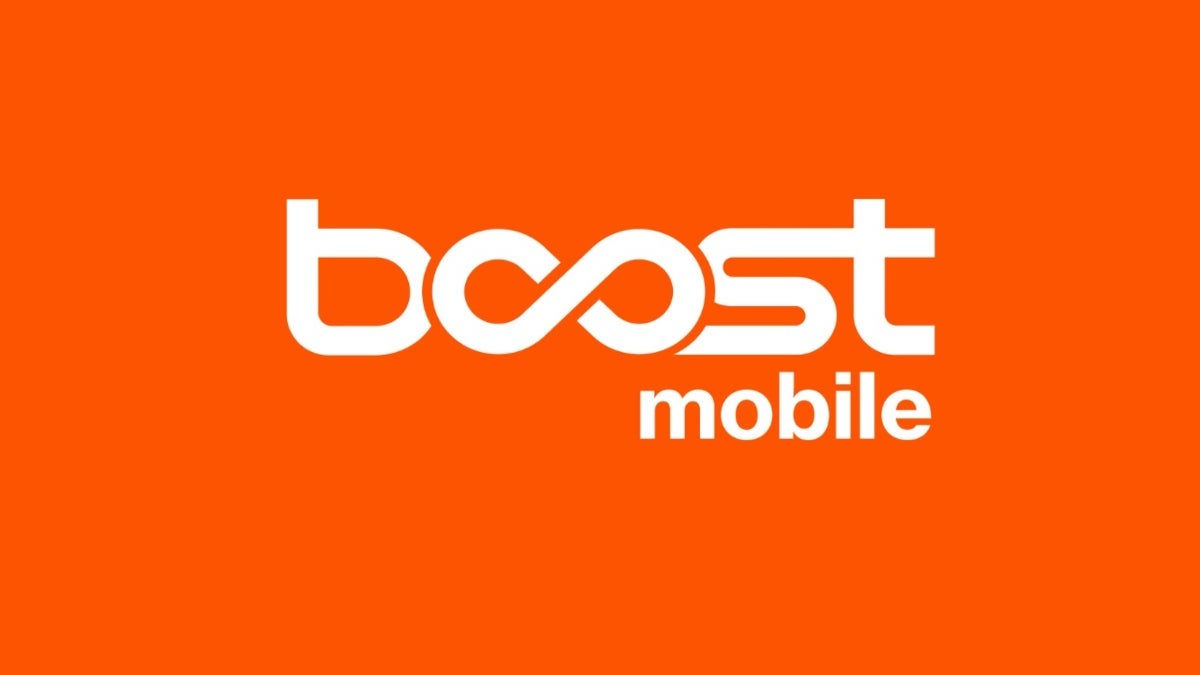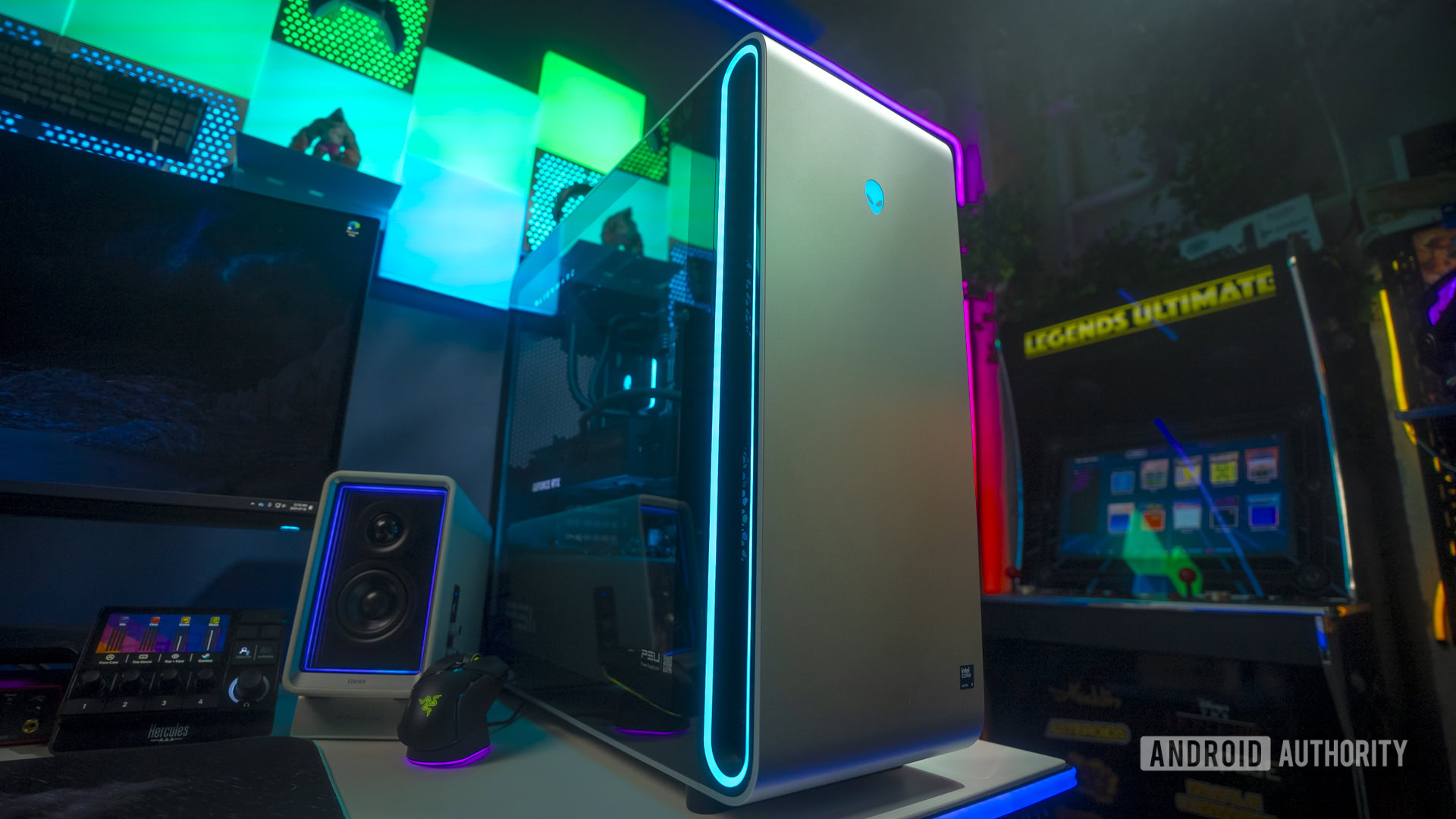EchoStar’s Boost Mobile has not really proven itself yet to be the fourth big U.S. wireless carrier that the FCC hoped it would be when it allowed Dish Networks to buy it, clearing the way for T-Mobile to buy Sprint. When the Dish ran away with the spoon Boost on July 1, 2020, the latter had 9 million mobile subscribers. That figure has since been whittled down to 7.36 million subscribers as of the end of this past June for an 18.2% decline.
Boost Mobile is turning things around, but it might be too late to save it
Boost might be turning things around after adding net mobile subscribers for the last three quarters consecutively. For the fourth quarter of 2024, Boost Mobile added 90,000 net subscribers. The following quarter, Boost reported 150,000 net subscribers and tacked on an additional 85,000 net subscribers during the second quarter of 2025. For the three quarters, Boost added 325,000 net subscribers, which isn’t too shabby.
Back in July, there were some rumblings about EchoStar Chairman Charlie Ergen combining Boost Mobile with MVNO MobileX. There is a connection between MobileX and Boost Mobile, as one of the founders of the original Boost Mobile in the United States was MobileX CEO Peter Adderton. But so far, there seem to be no comments from anyone who might be involved in such a deal.
It’s been nothing but radio silence from Boost Mobile’s parent company, EchoStar/Dish Network. And until recently, nothing about the rumored deal was said by Adderton. However, Fierce Wireless was able to track down MobileX’s CEO, who gave a negative assessment of the current version of Boost Mobile. “The only thing that Boost had going for it was its heritage,” he said. “It was a cool brand,” but “they took the very thing that had value and changed it. There’s nothing there.”
Adderton told Fierce, “You can’t come out and say the MVNOs are the fourth network and use that as your reasoning for potentially killing off the fourth network and then have the carriers become the judge, the jury, and the executioner when it comes to the wholesale deal.” He says that there needs to be regulation with MVNO owners forced to obtain licenses, giving them a valuation similar to licenses for spectrum. If you have a license to be an MVNO, that should have some value. To me, the landscape has to change,” he said.
FCC’s Carr might want EchoStar to sell all of its spectrum to the Big 3 and leave the mobile industry
Meanwhile, things are still literally and figuratively up in the air when it comes to the battle between EchoStar and FCC Chairman Brendan Carr. Carr had threatened to reconsider the extra time that the FCC had given Boost to meet its network coverage deadlines. The battle pertains to Carr’s insistence that Boost was hoarding spectrum that it isn’t using. But this actually involves complaints made by Elon Musk’s SpaceX. The latter wants the 2GHz spectrum to help expand the direct-to-device service like the one SpaceX’s Starlink offers to T-Mobile customers. This service, called T-Satellite, allows smartphones to connect directly to satellites in areas that are cellular dead zones.
Blair Levin, an analyst at New Street Research, a firm that provides equity and debt research to the global Technology, Media, and Telecommunications industries, said that there could be an agreement between EchoStar and the FCC that results in the former selling off some spectrum while keeping enough licenses to allow it to operate as a fourth facilities-based network.
Levin writes, “We think the discussions to date have involved EchoStar suggesting various spectrum sales and Carr saying the offers were not enough,” Some believe that FCC Chairman Carr won’t be satisfied until EchoStar leaves the wireless industry and sells off its spectrum to Verizon, T-Mobile, and AT&T. This take might be right on since this administration’s strong suit isn’t competition and favors big companies that dominate an industry.









